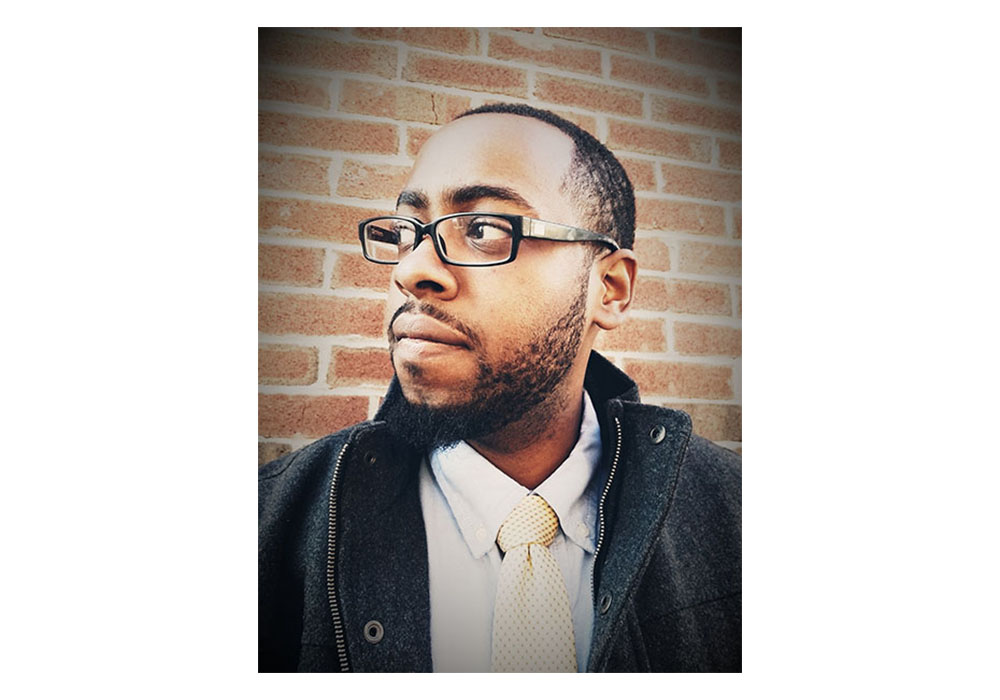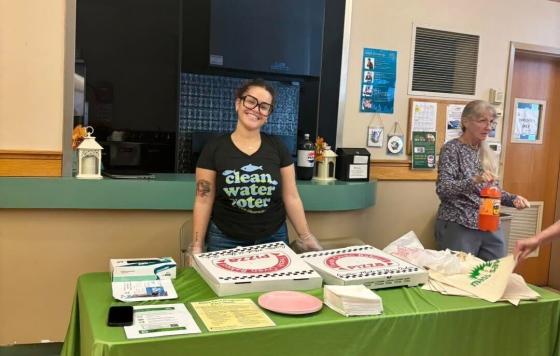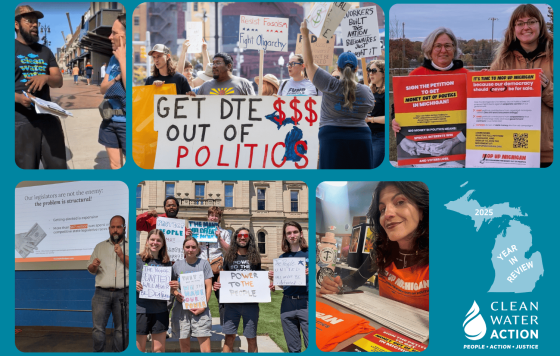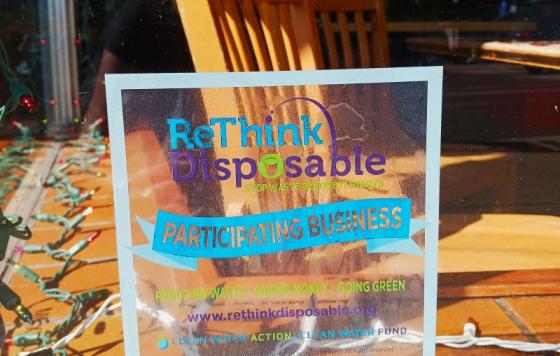
Interview by Tova Crystal, Massachusetts Communications Intern
Elijah Romulus is the newest member of the Clean Water Action Advisory Board and is an avid advocate for renewable energy and social justice. Elijah has a Master’s degree in Urban and Environmental Policy and Planning from Tufts University’s UEP program and currently works as the Assistant Town Planner in Bridgewater, MA. Elijah is a “proud Haitian American and proudly from the City of Brockton”-- here’s what else he had to say.
Q: What drove you to work with Clean Water Action?
A: I have been interested in Clean Water ever since my advocacy work in Brockton. I was working with Representative Michelle Dubois on an Environmental Justice issue involving an incineration plant. Rep. Dubois was working with Clean Water and that was my first experience with the organization.
Q: What are some of your current goals/aspirations as an Advisory Board Member?
A: One of the main reasons I joined the Advisory Board was to bridge some gaps between Clean Water and the South Shore; I would like to see more engagement. I would also like to see more connections with immigrant populations and English language learners. I hope that we can offer some form of support to the Mashpee people whose land is currently being stripped away by the Federal Government.
Q: What do you consider to be one of your greatest triumphs in your career thus far?
A: I am really proud of my graduate work. Brockton propelled me into a field where I could be an ally for clean energy and clean water and once at Tufts, that is what I focused on. My parents are from Haiti so I wanted to find a way to give back to my parents’ country. For my thesis I was thinking about how solar energy could be applied to rural parts of Haiti and simultaneously empower people economically as well as help the environment. I partnered with a social enterprise called 10power and a Haitian company called DigitalKap and went to Haiti to for a research trip.
Q: What have you learned from the work you do on the Advisory Board?
A: I have learned that if you can rally around the right policies it has big impacts for people in the state and supports voices in need.
Q: What is the most powerful tool you utilize in your work?
A: Being a facilitator. I deal with a lot of stakeholders from public to private as well as coworkers; I figure out the needs and wants of everyone involved and then find a middle ground. I lead from behind to create an environment that fosters ideas and success and then if we still need help, I’ll step in.
Q: What advice can you give to young people looking to join the environmental movement?
A: Get involved now in whatever way you can. Whether it is recycling, clean water, solar, we are in a moment where we are consuming and wasting a lot and we have put the next generation at risk.
Q: How do we achieve success for the future and do you have hope that we can get there?
A: We need to be focused on reducing the harmful effects of climate change and we need education to get there. As a Massachusetts organization we can do a lot within the state to make it better for the next generation. People are definitely becoming more aware, you actually hear the words ‘climate change’ being used in news.
Q: The floor is open--is there anything else you’d like to add?
A: I am a proud Haitian American and proud to be born and raised in the City of Brockton. I come from a working-class family and I understand what it is to struggle; I also understand that the tools used to make things from what you have are effective ways to combat climate change. Waste less, recycle more, these are practices already in place that just need a bit more education. Knowing where I come from and what we had to do informs my own work now. I grew up with people who had no idea what the environment around them was doing to their health and this is especially the case in areas of low income and immigrant communities where issues such as clean water are often the worst. Ultimately, I wanted to be on the Advisory Board to stay engaged; the more people engaged, the more of a difference you can make.


